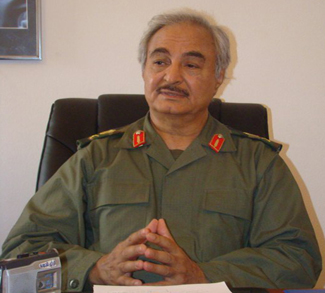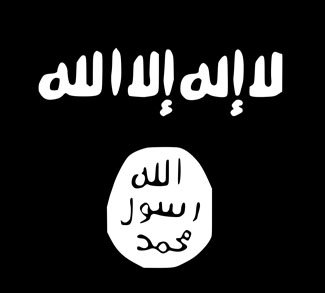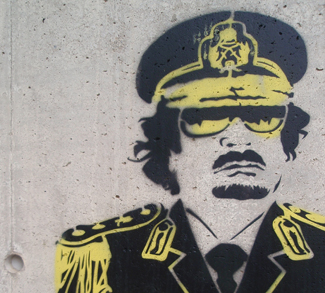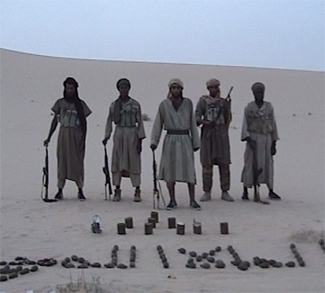Summary
Reuters is reporting that Russia, according to anonymous Egyptian and US sources, deployed military advisers and drones to an Egyptian air base near the border with Libya. There was no official confirmation of the reports. Russia, for its part, has denied it, but doubts remain. For the past few months, Russia’s official stance has been to establish ever closer relations to General Khalifa Haftar, who has played a leading role in fighting ISIS and other Islamists in Libya’s eastern region of Cyrenaica. The general has even secured French and British support. However, Haftar’s rising influence represents a challenge to the UN-recognized government led by Prime Minister Fayez al-Sarraj in Tripoli.
Whether there are actually Russian troops at the Libyan border or not, Russia has long had interests in Libya. Their bilateral relationship has been centered on security and military sales; it began decades ago, involving the supply of Soviet-era weaponry to the North African country, from MiG jets to tanks. In the 1970s and 80s, Libyan officers received training from Russian instructors. That Moscow would seek to revive this relationship now should come as a surprise to no one.
Impact
Russia is seeking to reclaim its former influence in the southern Mediterranean. Russia appears to have consolidated its alliances in the Middle East and North Africa. Vladimir Putin has strengthened Russia’s influence in Egypt and Algeria, not just the Shiite axis of Iran, Iraq, and Syria. Indeed, The Egyptians import oil from Iran, not Saudi Arabia. There’s considerable Deja-vu in this pattern. The Soviet Union played a major role in influencing policies in these very countries through most of the Cold War decades. It was only after 1973 that Egypt turned more toward the United States. So, Russia has a historical logic for bringing Libya back into its fold as well. The Russians are also in a good position to ask Egypt for use of the military base at Sidi Barrani, close to the Libyan border.




